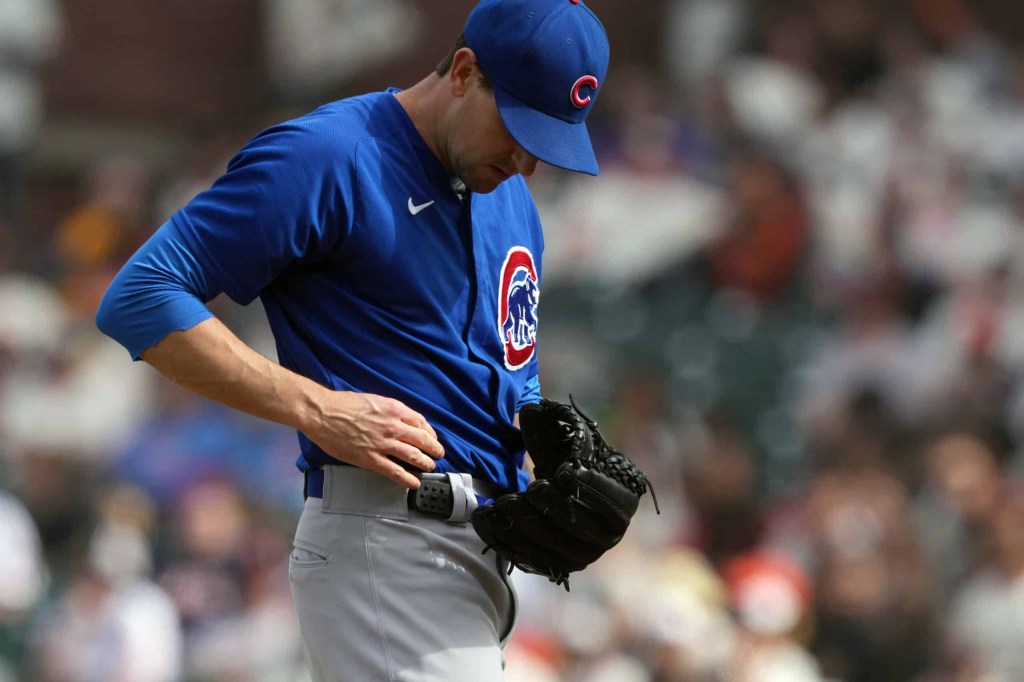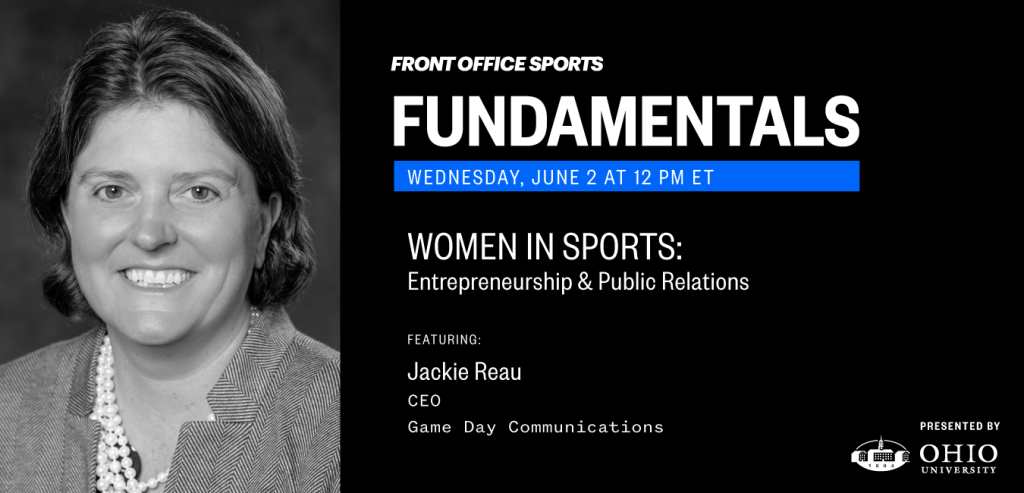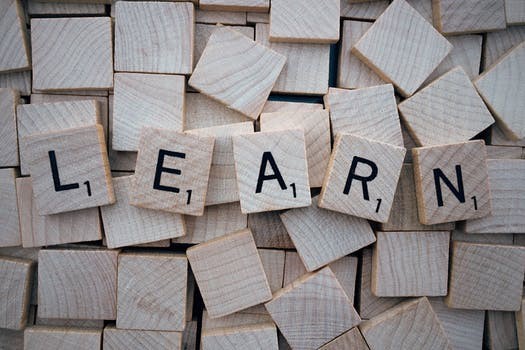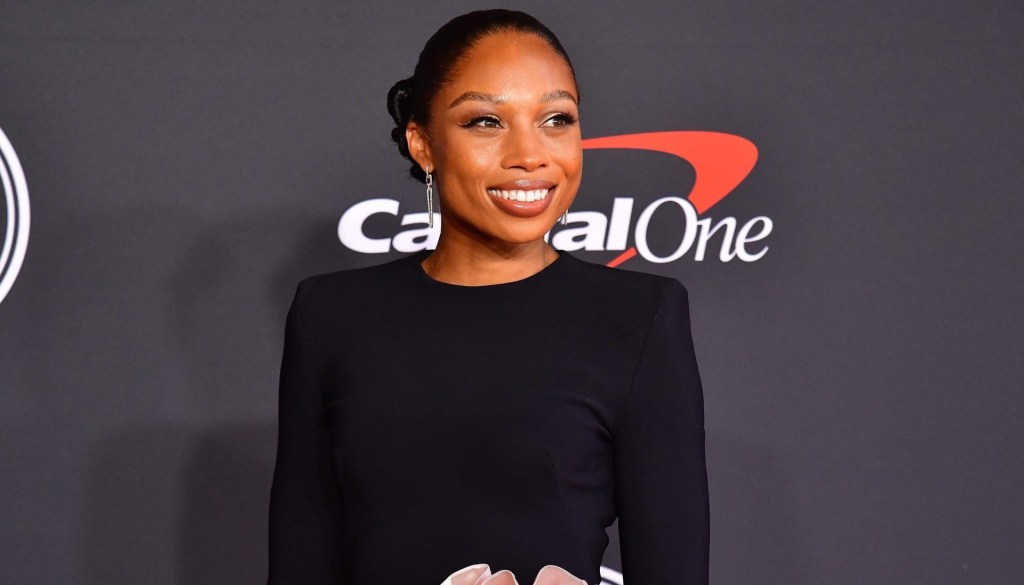By: DaWon Baker, @dawonbbaker

Front Office Sports is proud to have sat down with Nick Guerriero, Assistant Director of Varsity Communications at Dartmouth College. Nick’s main responsibilities include overseeing the communications for women’s basketball, men’s and women’s soccer, squash, golf, sailing, softball and assisting with the Ivy League Digital Network. Nick has been surrounded by sports as far back as his childhood days, and he was able to take a few moments to talk about his career. He was gracious enough to offer up his time and insight about he got his start in the field of sports information, how athletic communications are changing and why you must have a great attention to detail to succeed in the sports industry.
What inspired you to get into athletic communications?
I grew up around sports; my dad works at Madison Square Garden. From the time I was a child, I went to sporting events and got to see what took place behind the scenes. I spent a lot of time roaming the arena at Knicks, Rangers games, college basketball and pro wrestling events. Being able to go into the press box and the media room as a kid, I learned about game notes, how the media guide was put together, and how to put events together. I got into sports information from day one in college.
I was partially recruited to be a swimmer at St. Francis Brooklyn. I mentioned to former coach Carl Quigley that I was the sports editor at St. Mary’s high school in Manhasset, New York, and wanted to get into broadcasting.
Coach Quigley brought me into the athletic department and introduced me to the sports information director. I worked in sports info all five years of college. I was able to travel with men’s and women’s basketball, men’s soccer and men’s water polo. During my time at St. Francis, I created the Terrier Sports Network, one of the first student-run networks that streamed in HD. It was a very small operation. I recruited other classmates to work with me for free. I was the play-by-play announcer and one of my friends was my co-analyst. I feel like I helped get some of these classmates their first experience in the TV industry with our network.
You spoke about being a play-by-play announcer, what’s different about your role as an announcer and past roles, compared to your role now?
I moved from St. Francis to Manhattanville College as a GA [Graduate Assistant], and then to Iona College. I consider myself a hybrid SID [Sports Information Director] because I am an SID and a broadcaster all in one. While I was an SID at Iona I covered Olympic sports and was a play-by-play announcer for women’s basketball and an analyst for men’s basketball. At Dartmouth, I took a step back from broadcasting, but I still help out as an analyst for women’s basketball. Moving up to a larger institution, there is more as an SID that needs to be covered. Now I am working with sixteen sports in addition to social media, and the Ivy League Digital Network. Things have definitely changed. But it’s important to bring things with you from place to place.
You previously worked as the director of media and public relations for a pair of teams in the United Soccer League (Premier Development League) correct?
I worked with the Brooklyn Knights and the Jersey Express as a summer gig. Our soccer coach at St. Francis sent a few players to the team, and they needed someone to run radio and stats.
What were some of the differences you encountered?
Some of the differences from the NCAA game to the United Soccer League game are that rules are contested under FIFA regulations, so the clock ran up to ninety minutes and only three subs were permitted. Outside of that it felt like college soccer. Most of the players were undergraduates and some officials were also recognizable from the fall season. It was like spring training for soccer.
You spoke about how social media is changing the industry, but what else do you see changing? Finish this sentence, “I see athletic communications evolving to…”
SOCIAL MEDIA AND ADVERTISING. I think it’s starting to go away from the press release and media guides; especially with Twitter, infographics, and other graphics, eventually you’ll also start seeing more social videos. Attention spans are shorter. The 1,000-word press release is being replaced with a 300-word recap plus a highlight video and a graphic. For the younger generations getting into it, it’s the perfect time. The older veterans in the industry will have to welcome the new age of sports information.
Speaking of younger guys, is there something you see from students and young professionals that they should stay away from or improve?
I’ve been to a few CoSIDA [College Sports Information Directors of America] conventions and what I’ve learned is networking is very important because you never know whom you will meet, or who they know. Younger people need to network more, whether it’s following someone on Twitter, LinkedIn, Facebook, or just shooting an email after you meet someone.
Another big thing is attention to detail is extremely important in this industry.
In your role now, what’s your favorite part?
It’s a joke within our office at Dartmouth, but I love winning. In my three years at Dartmouth, I’ve been to the NCAA tournament twice with our softball team and in 2014 we hosted the first round of the NCAA Tournament in men’s soccer. Besides winning, I love interacting with our student-athletes. The Ivy League is rich within academics, and you never know who a student-athlete will be in the future.
I had one soccer player who was a CoSIDA Academic All-American and while I was looking at his resume, I thought that one day he might become President of the United States. There are a lot of great stories here. I like involving social media and videos into Dartmouth as well. Coming from New York, the media capital of the world, it is different here. We are trying to get people to buy into the new age of college athletics. It is something that is taking time because we have a lot of old school fans, but we do a good job of educating them.
You sound very excited about your position now, but what is your next goal as a professional?
A career goal and developmental goal is to be on the CoSIDA board by the time I reach my 40’s. I would like to either be in line to be an officer or president. Professionally, I believe in CoSIDA, what it stands for, and what it brings to the table for our industry. As a career goal, I would like to be in new media and run my own communications office. In the immediate future, I would like our department to be more in line with the cutting edge technology compared to the old SID lifestyle of taking stats and writing game stories.
Any last piece of advice for those wanting to get into athletic communications or sports information?
I have a rather interesting story, as I never really had an SID to study under in college. I had so many during a short time, as many as six in four years, so I would say learn from your peers, travel with teams, and gather information from host SID’s on away trips. For the industry itself, don’t get into this for a nine-to-five, the hours are long and the pay is not always there, but you do it for the love of the game. For me, I love winning and hate losing. This industry has a lot of high and lows. Cherish the highs, you never know when you are going to get back, and remember who was there with you during those moments.
Going on through the interview, Nick spoke highly of Dartmouth athletics and Dartmouth Peak Performance. Their goal is to position student-athletes to achieve the highest levels of physical, intellectual and personal growth during their careers as Dartmouth Student Athletes. You can learn more about it here.
We want to thank Nick for taking the time to speak with us and we wish him all the best in his future endeavors!

















